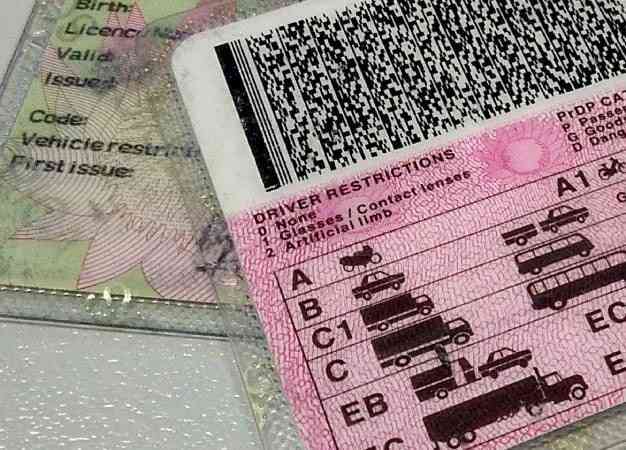MUROWA Diamonds, a unit of global mining giant RioTinto, has blasted government mining policies saying they were not supportive of the mining sector, warning that the current regime of ground rentals fees is threatening the viability of local mines.
Senior parliamentary Reporter
Murowa Diamonds communication and external relations manager Lovemore Chimuka recently told delegates attending a Parliamentary Portfolio Committee on Mines and Energy workshop in Vumba that the upward revision of royalties was piling pressure on mining companies.
“These mines may close if the government does not look at its policies on royalties and ground rental fees,” Chimuka said.
“At first we were told we were going to pay royalties of 10%, but we are now being made to pay 15%, which is a killer,” he said.
He added: “We are paying $3 000 per hectare for ground rentals and as a result Murowa Diamonds is supposed to pay $109 million for that per year, yet our business is only worth $60 million. It does not make any economic sense.”
Keep Reading
- Chamisa under fire over US$120K donation
- Mavhunga puts DeMbare into Chibuku quarterfinals
- Pension funds bet on Cabora Bassa oilfields
- Councils defy govt fire tender directive
Highfield East MP Pearson Mungofa, a member of the Mines and Energy committee, said the fees for a diamond cutting and polishing business were still very exorbitant.
“We welcome that the fees were reduced from $100 000 to $50 000 but that fee is still high for small businesses,” Mungofa said. Mines and Mining Development ministry secretary Prince Mupazviriwo said the fees had been reduced to invite more investors in the capital intensive sector.
He said it would be difficult for diamond cutting and polishing businesses to thrive in Zimbabwe as diamonds did not have a huge market in the country.
“It does not mean that even if you get the diamond cutting and polishing licence for free your business is going to thrive.
“Zimbabwe does not have a huge market for luxury goods like jewellery as compared to countries like India and China. The challenge is not just the question of expensive fees, but the market for diamond products is not there,” Mupazviriwo added.





